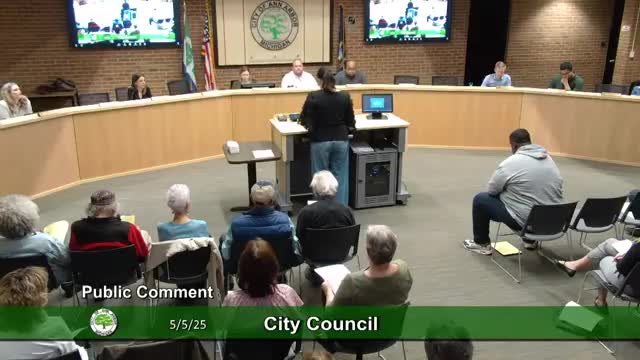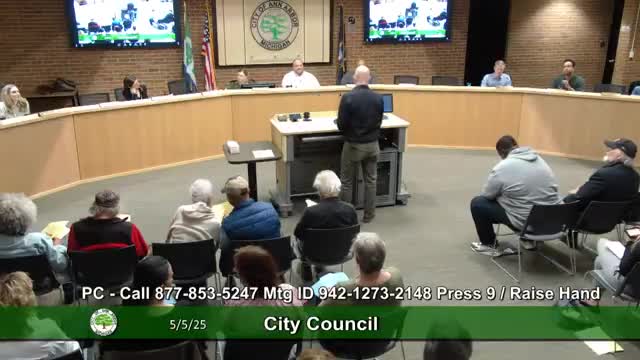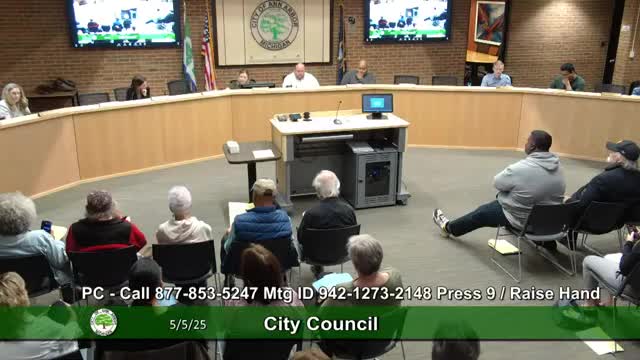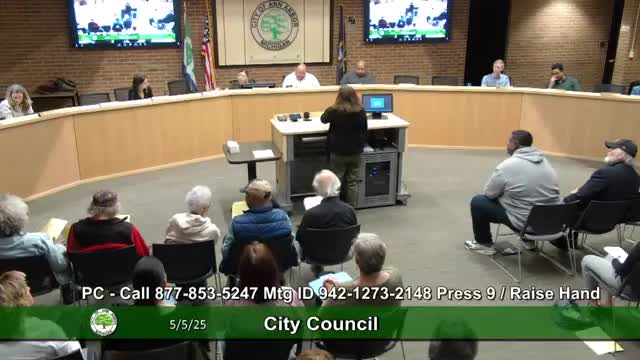Article not found
This article is no longer available. But don't worry—we've gathered other articles that discuss the same topic.

Ann Arbor landlords and climate advocates clash over proposed Green Rental Housing Ordinance

Advocates urge Ann Arbor to deactivate flashing yellow turn arrows and fund quick-build road safety projects

Community Land Trust buyers urge council to expedite approvals for affordable homes

